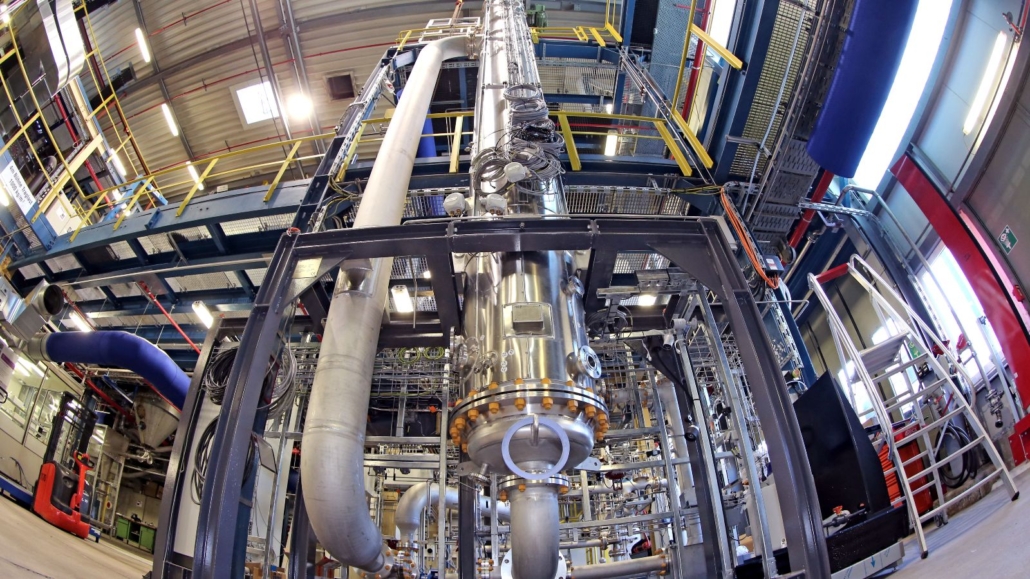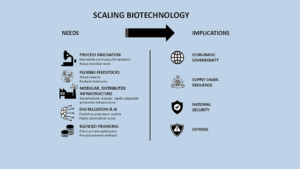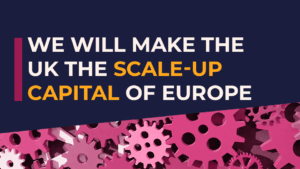
First step towards scaling chemical production from CO₂
As part of the green transformation of North Rhine-Westphalia’s former coal-mining region, independent assessors have recommended the co-financing of two biotechnology processes developed at pilot scale by Evonik Industries AG, with the aim of advancing them to demonstration scale. The third funding round of the "Produktives.NRW" call includes approximately €70 million from the EU’s Just Transition Fund (JTF) allocated to six projects.
The scaling of biotech processes remains a bottleneck in the green transition, primarily due to investment costs of up to €200 million for industrial-scale facilities. Companies often choose to locate operations in regions offering financial incentives and regulatory support. Evonik Industries AG has taken a significant step in this direction.Evonik has developed processes that enable the climate-friendly bacterial conversion of synthesis gas – produced from carbon dioxide (CO₂) and hydrogen gas (H₂) – into fine chemicals, as well as the recycling of plastics. These carbon capture technologies that mimic photosynthesis were originally developed within Creavis, Evonik’s strategic innovation unit and business incubator.
The Rheticus project replaces fossil raw materials such as crude oil, natural gas, and coal with industrial CO₂. Through green co-electrolysis of CO₂ and water, a hydrogen–carbon monoxide mixture – commonly referred to as synthesis gas—is produced. In a bioreactor, Clostridium bacteria convert this synthesis gas into specialty chemicals such as climate-neutral fuels including butanol and hexanol. As a technology platform, Rheticus offers the potential for the production of a broad range of products derived from CO₂.
At a pilot facility in Marl, Evonik and Siemens Energy have to date produced hexanoic acid. A demonstration-scale facility would enable the production of CO₂-neutral chemicals for use across a wide spectrum of applications, from cosmetics and lubricants to cleaning agents. This technology could contribute to the long-term retention of CO₂ within the industrial materials cycle.
The Phoenix project focuses on mattress recycling. An estimated 40 million mattresses are discarded annually in the EU, representing several hundred thousand tonnes of polyurethane foam. At present, most mattresses end up in landfills or incineration. Evonik has developed a hydrolytic chemical recycling process that breaks polyurethane down into its original components, such as polyol, which can be directly reused in the production of new mattresses. This represents a significant step towards a closed-loop system within the polyurethane industry.
Projects that align with the Strategic Technologies for Europe Platform Regulation (STEP Regulation) are eligible for support under the STEP framework. Other initiatives may be financed through the EFRE/JTF North Rhine-Westphalia 2021–2027 programme.


 SPRIND
SPRIND www.gov.uk
www.gov.uk Adobe Stock photos - ARTMAXX
Adobe Stock photos - ARTMAXX